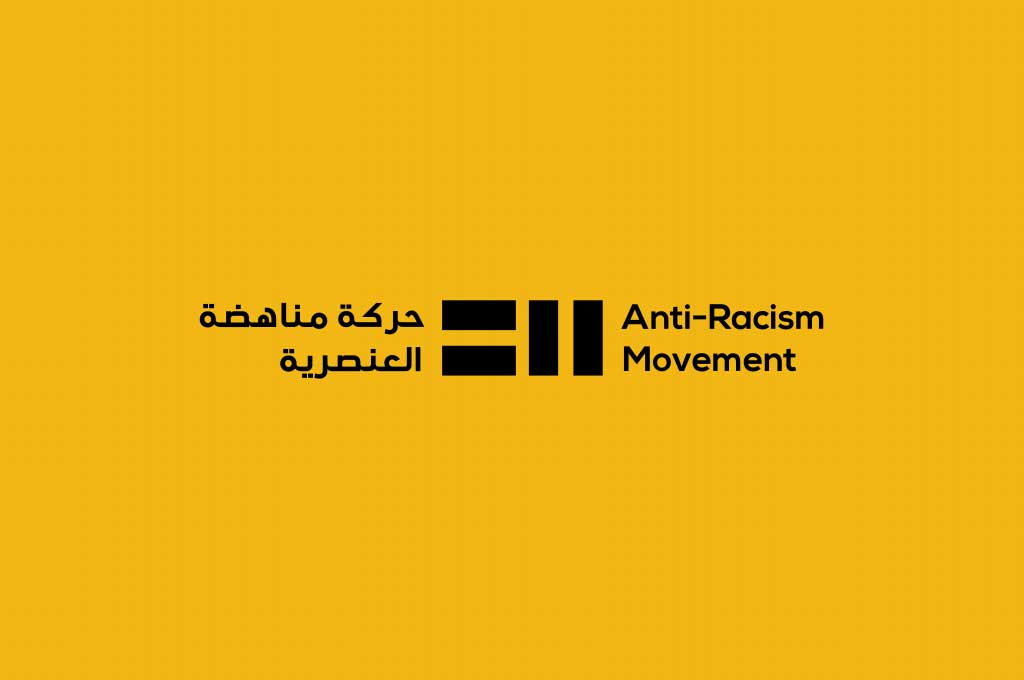Being Dark Skinned in Beirut
LEBANON: REVOKE DIRECTIVE ON EXPULSION OF MIGRANT WORKERS’ CHILDREN
04/09/2015
News
International Gulf Organization
The International Gulf Organization (IGO) for Human Rights denounces the recent expulsion of locally born migrant workers’ children in Lebanon, pursuant to a new directive.
Since May 2014, the General Security, Lebanon’s security agency in charge of foreign workers’ entry and residency, has rejected requests for residency permit renewals to nearly a dozen female migrant workers. These workers are mainly from Bangladesh, Sri Lanka, the Philippines, Ghana, South Sudan and Madagascar. Previously, certain categories of low-wage migrants, particularly domestic workers, could apply for a year-long residency for their children born in Lebanon for up until age four. Afterwards, the residency was subject to renewal if the child was enrolled in school.
Ten nongovernmental organizations (NGOs) operating in Lebanon have contacted the General Security requesting for a copy of the directive passed in January 2014, but the agency is yet to respond. The General Security’s website states that residency of children of Category 3 or 4 workers is subject to a case-by-case decision, but it does not state on what grounds the decision will be made.
The new decision contravenes with Lebanon’s international human rights obligations under theInternational Covenant on Civil and Political Rights (ICCPR), the Convention on the Elimination of All Forms of Racial Discrimination (CERD) and the Convention on the Rights of the Child (CRC).
Lebanon’s obligations under Article 23 of the ICCPR reaffirms the right of men and women of marriageable age to marry and to found a family. The CERD further prohibits “disproportionate interference with the right to family life” of non-citizens in Lebanon. Children have an inherent right to be cared for by their parents, as Article 9 of CRC requires state parties to “ensure that a child is not separated from his or her parents against their will, except when… such separation is necessary for the best interests of the child.”
IGO, in line with the other NGOs, urges Lebanon to immediately revoke the directive as it disproportionately interferes with migrants’ right to family life and infringes on Lebanon’s obligations under international humanitarian law.
Tags :
Have Any Questions?
To inquire about this statement and the context, email us or fill the form.
Join Our Newsletter
At the Anti-Racism Movement (ARM), we are constantly working on a multitude of different activities and initiatives. Most of our activities are only possible with the help of dedicated and passionate volunteers who work in collaboration with our core team.
The Anti-Racism Movement (ARM) was launched in 2010 as a grassroots collective by young Lebanese feminist activists in collaboration with migrant workers and migrant domestic workers.
Quick Links
Useful Links
This work is licensed under a Creative Commons Attribution 4.0 International License.
Developed by CONCAT
